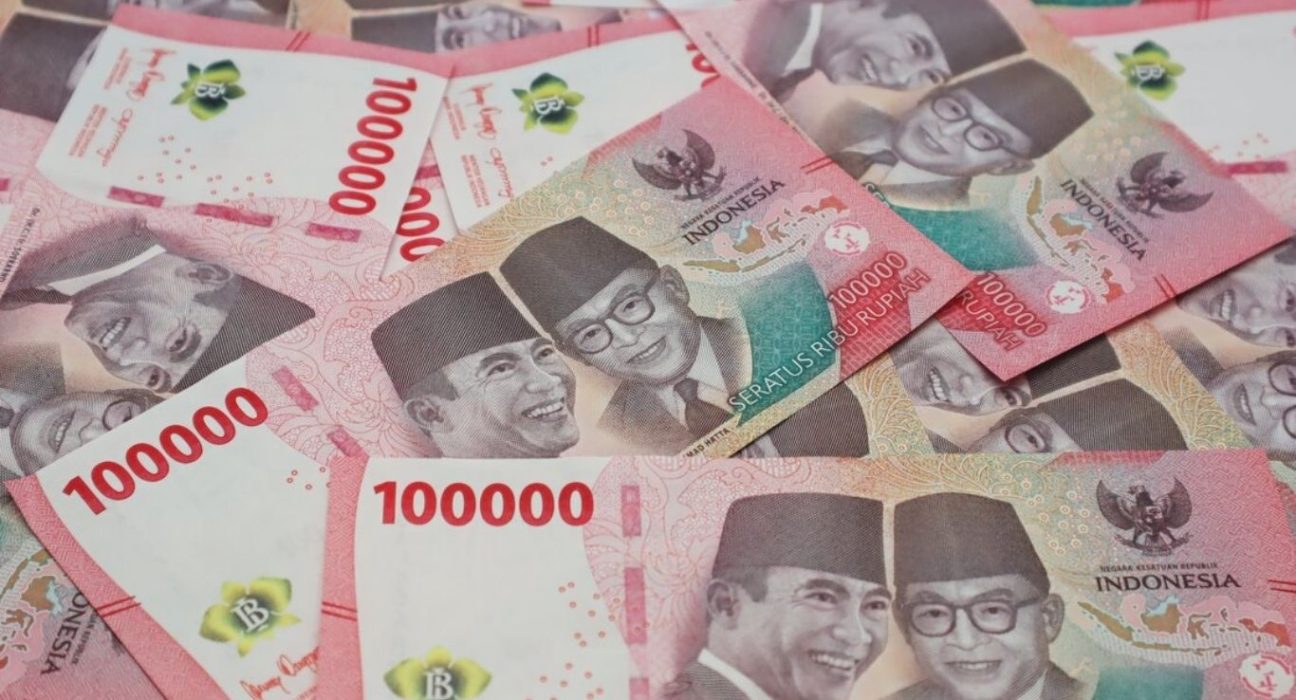Introduction
The Indonesian rupiah has been facing a steady decline in value against the US dollar. In recent news, it was reported that the rupiah lost 0.4% of its value against the dollar. This article aims to discuss the reasons behind the devaluation and its implications for the Indonesian economy.
Reasons for Rupiah Devaluation
There are several reasons why the rupiah has been depreciating against the US dollar. Firstly, the COVID-19 pandemic has had a significant impact on the Indonesian economy, causing a decline in exports and foreign investment. As a result, the country’s current account balance has worsened, leading to a weaker currency.
Secondly, the political instability in Indonesia has also contributed to the devaluation of the rupiah. The recent protests against the government and the arrest of a prominent opposition leader have led to concerns over the country’s political stability. Such uncertainties can deter foreign investors, leading to a decline in demand for the rupiah and a subsequent devaluation.
Thirdly, the Federal Reserve’s monetary policy in the US has also affected the value of the rupiah. The Fed’s decision to raise interest rates can attract foreign investors to the US, leading to a decrease in demand for the rupiah and a depreciation in value.
Implications for the Indonesian Economy
The devaluation of the rupiah can have both positive and negative implications for the Indonesian economy. On the one hand, it can boost the country’s export competitiveness, as Indonesian goods become cheaper for foreign buyers. This can lead to an increase in demand for Indonesian products, ultimately boosting economic growth.
On the other hand, a weaker currency can lead to higher inflation, as imports become more expensive for domestic consumers. This can lead to a decrease in purchasing power, which can negatively impact the overall economy.
Additionally, a devalued currency can also increase the country’s debt burden, as the government and businesses may need to pay back foreign loans in more expensive currency. This can lead to a decrease in investor confidence, as they may become more hesitant to lend to the country.
Conclusion
In conclusion, the devaluation of the Indonesian rupiah has been caused by various factors, including the impact of COVID-19, political instability, and the Federal Reserve’s monetary policy. While a weaker currency can boost export competitiveness, it can also lead to higher inflation and a higher debt burden. It remains to be seen how the Indonesian government will address these challenges and stabilize the value of the rupiah.
Overall, the Indonesian rupiah devaluation is a complex issue that requires a deeper understanding of the various factors contributing to it. This article has aimed to provide a brief overview of the reasons behind the devaluation and its implications for the Indonesian economy. As with any economic issue, it is important to stay informed and monitor the situation to make informed decisions.










